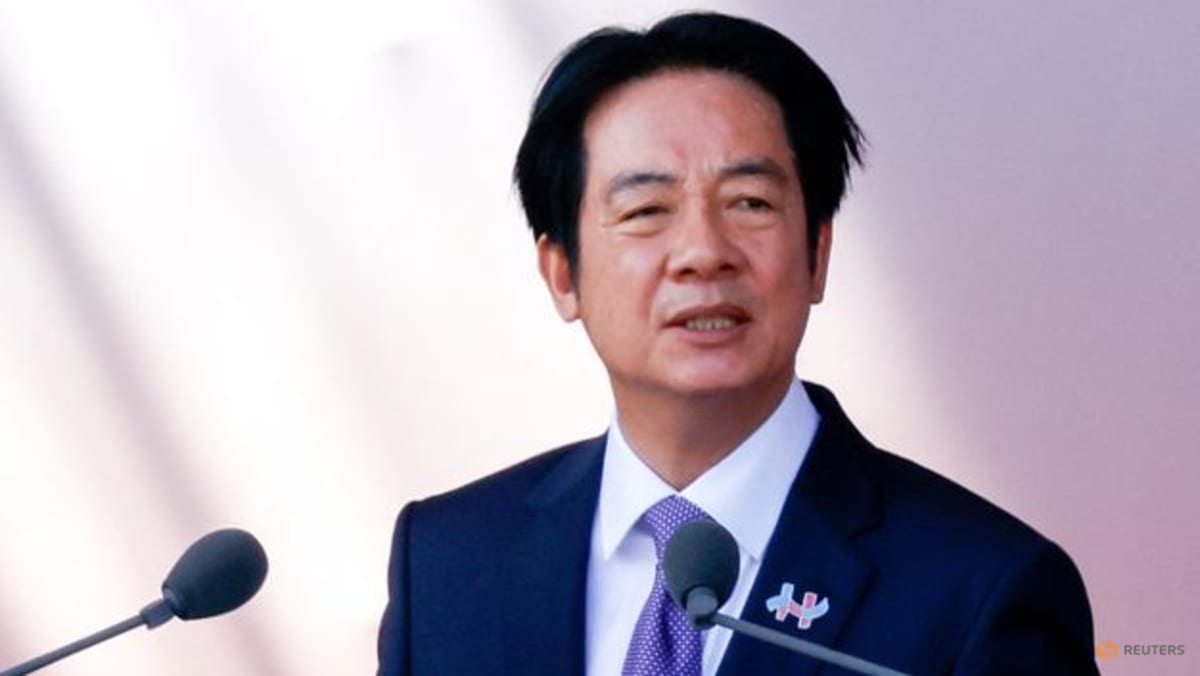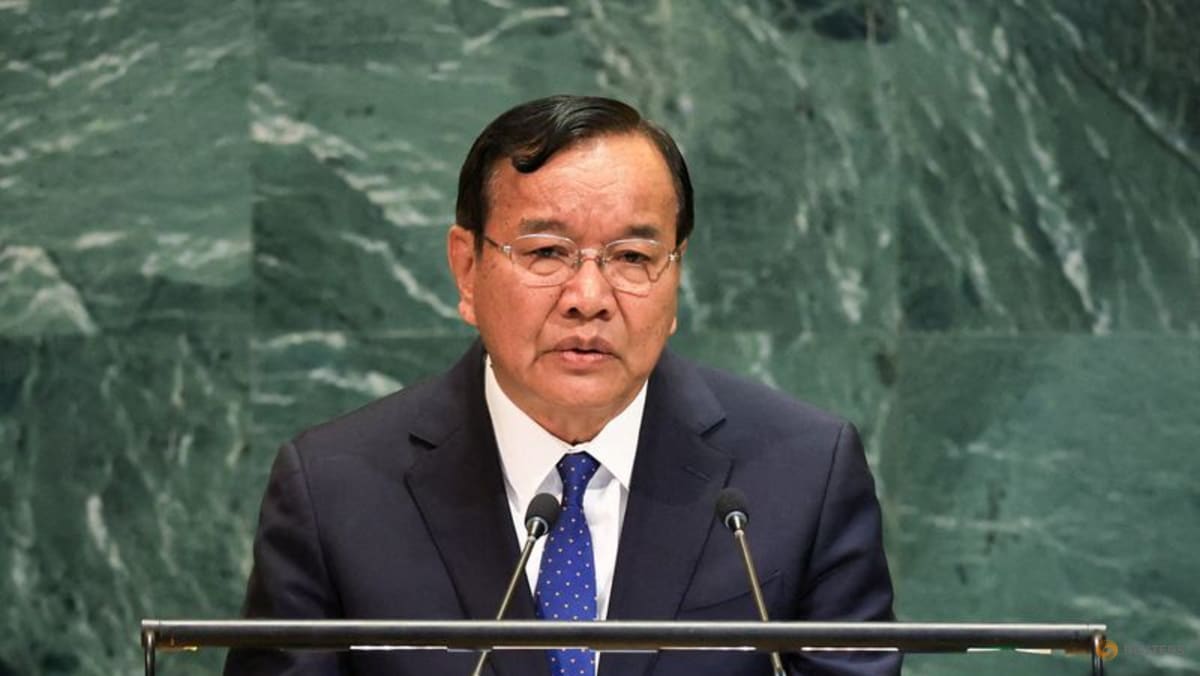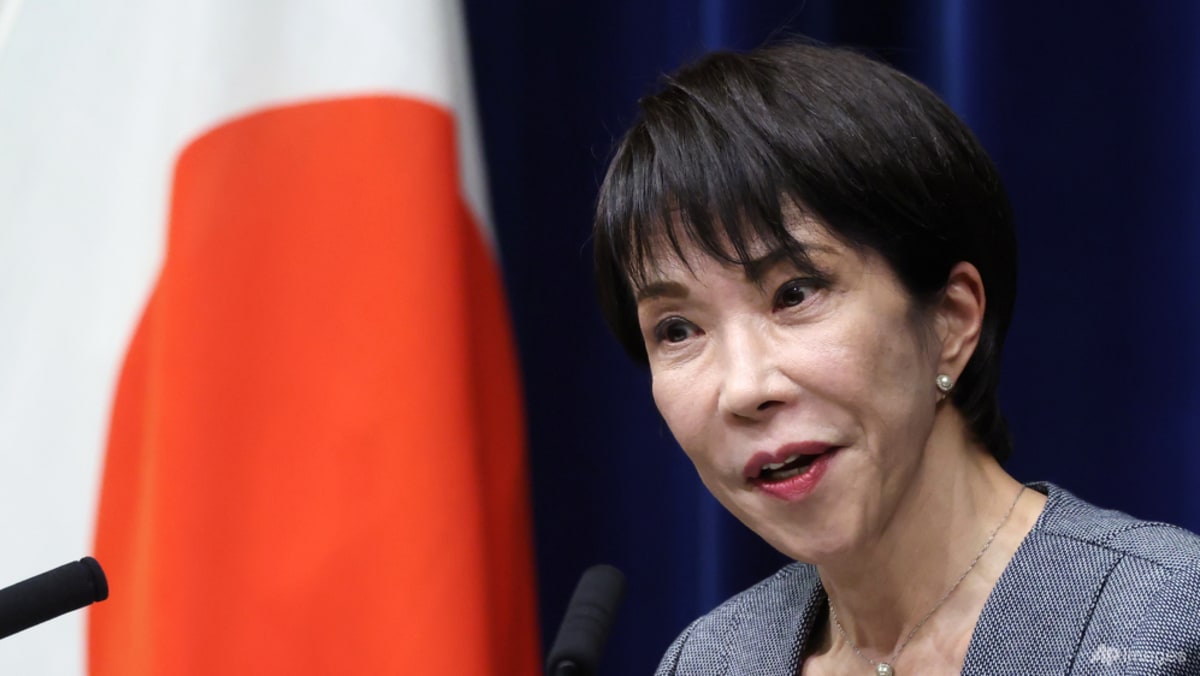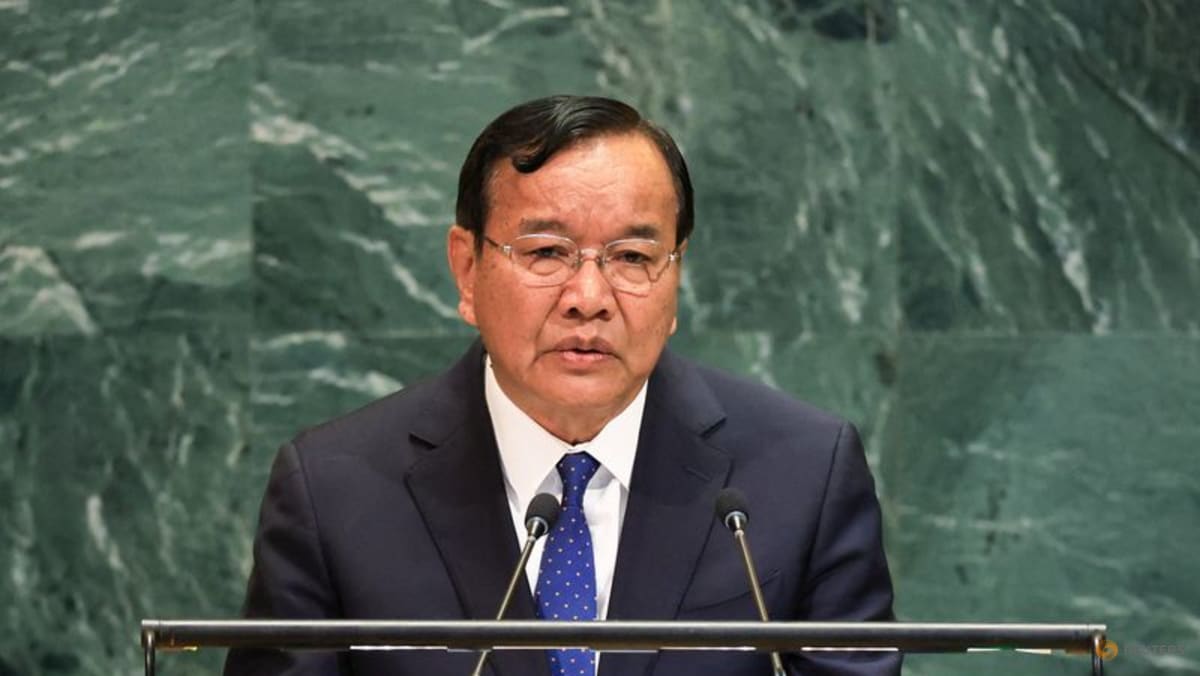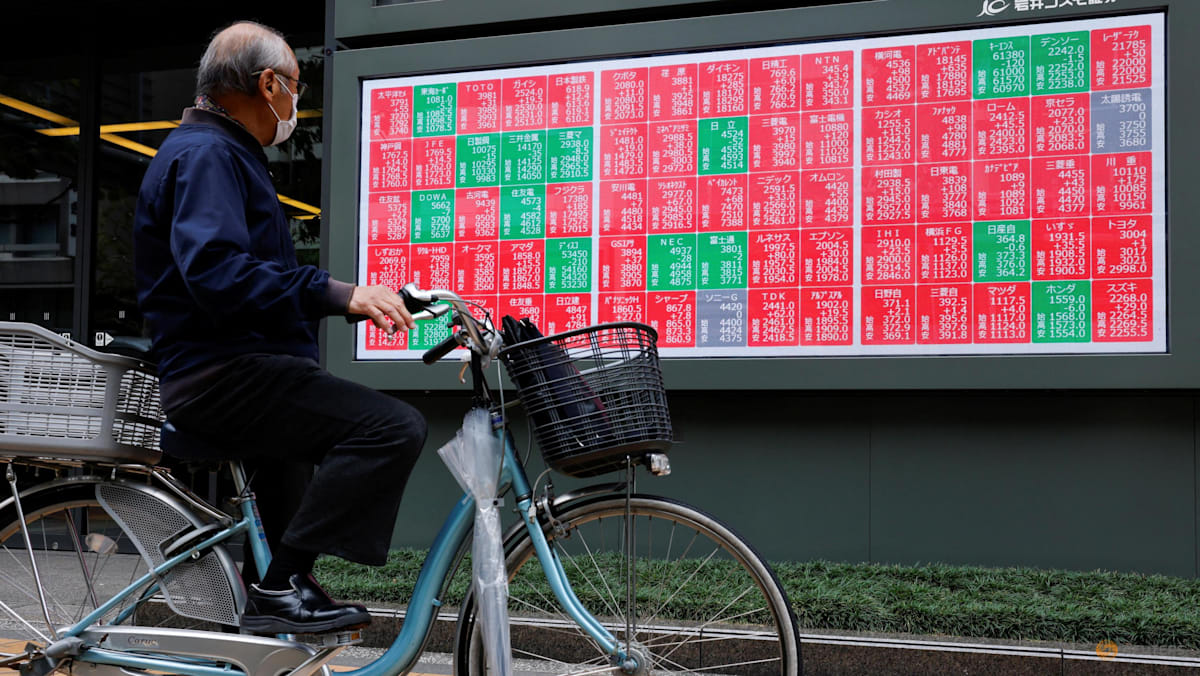Commentary: China will step up if US falls behind on climate action
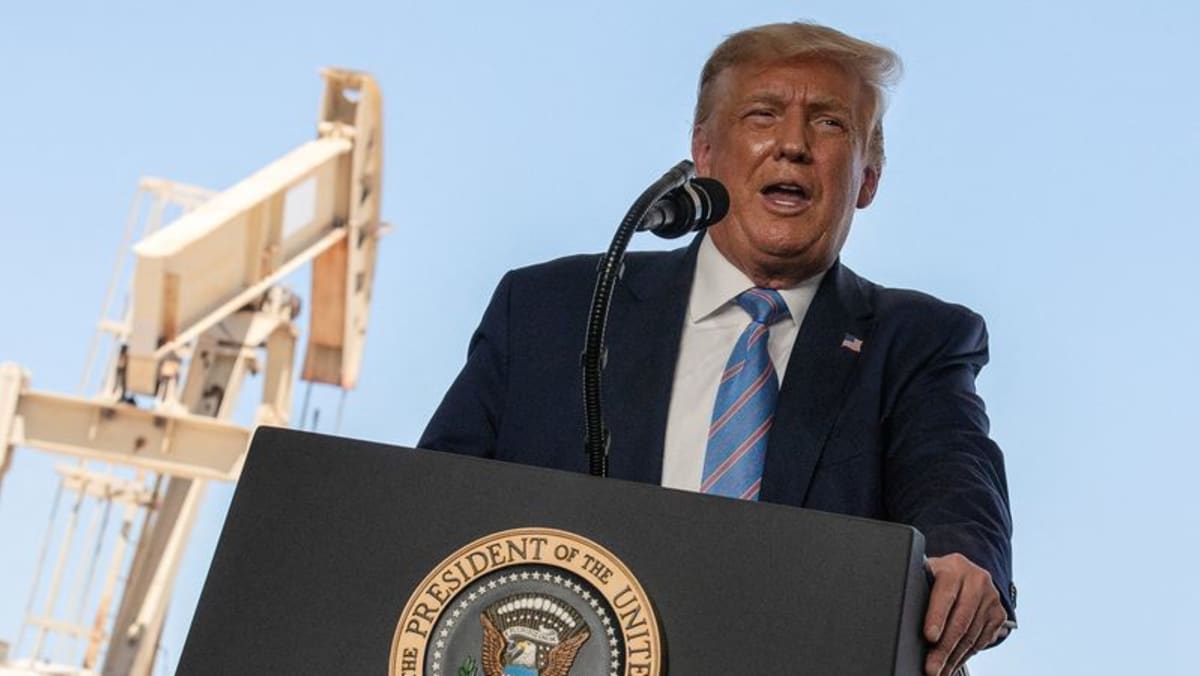
IMPLICATIONS ON SOUTHEAST ASIA’S ENERGY TRANSITION
In a tense political climate rife with US-China rivalry, climate action can be a key issue that fosters or reduces grounds for cooperation.
On one hand, Southeast Asia presents an opportunity for the US to grow its investments in the region’s green energy transition. The Association of Southeast Asian Nations (ASEAN) has set a renewable energy target of 23 percent by 2025 in total primary energy supply.
Under the Biden Administration, there was some progress between the US and ASEAN on climate cooperation, through the US-ASEAN Comprehensive Strategic Partnership and the first ASEAN-US Ministerial Dialogue on Environment and Climate Change in 2023.
However, it remains to be seen if Trump will advance climate cooperation initiatives with ASEAN. During his last term as president, the Trump administration arguably saw Southeast Asia as a low-priority region within the wider Asia-Pacific.
Trump’s America First approach and campaign pledges to enact protectionist measures such as steep tariffs are likely to trigger tit-for-tat reactions from China. Additionally, the US would ramp up its competition with China in renewable energy.
These developments would largely have a mixed effect on Southeast Asia. We would likely see increased opportunities and investments in the region with other countries seeking to diversify their supply chains.
At the same time, the region would also suffer disruptions or increased costs of critical minerals and green technologies following any repercussions from protectionist measures by both US and China.
Source: CNA






